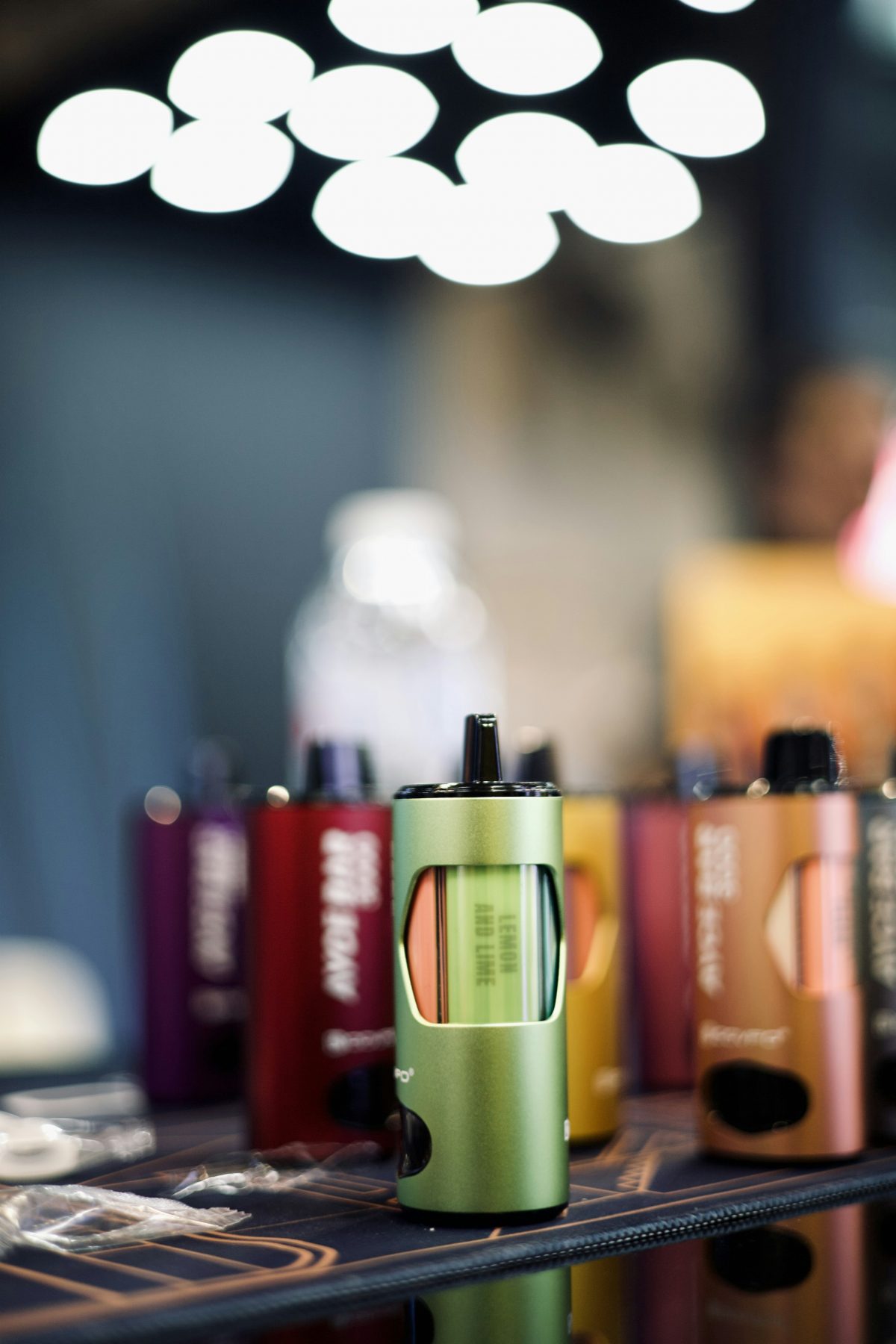The Tennessee Advisory Commission on Intergovernmental Relations(TACIR) reviewed a draft report to address youth vaping during today’s meeting.
In its draft report, TACIR found that while vaping has only been around since 2011, young people are vaping “at more than twice the national rate” (22 percent versus 10 percent.)
Jennifer Arzate, senior research associate, said despite raising the minimum vaping age to 21, these rates still remain high.
TACIR defines vaping products as “electronic devices that heat a liquid to produce an aerosol that is inhaled by the user. These include e-cigarettes, vapes, vape pens, dab pens, dab rigs and more.
“There is a widespread belief that vaping is a safer alternative to smoking though the health risks associated with vaping are still significant,” Arzate said.
The report added that most do not understand the harmful effects of the activity such as asthma, cardiovascular disease, chronic obstructive pulmonary disease (COPD) and more. Young people are particularly vulnerable to nicotine addiction because their brains are still developing.
Arzate said while vaping may be less harmful than tobacco products, it isn’t harmless.
“There’s a broad consensus that youth vaping is an issue and must be addressed, but there are differing opinions on how best to achieve this,” Arzate said.
Researchers have noted that taxing vaping products can effectively reduce consumption. However, Tennessee currently only applies sales tax to these products and does not impose additional taxes.
Arzate added that taxing these products could deter young people from using them, while also raising revenue for prevention programs in the state.
The researcher also noted that vaping appeals to youth because of its variety of flavors, like blue Jolly Rancher and bubblegum, which health advocates argue are deliberately designed by manufacturers to attract young users. To curb this, some states have enacted a flavor ban, although Tennessee has not.
“Adult users, however, also enjoy flavored products with fruit and candy flavors being in their top three preferences,” Arzate said. “A vapor product directory could list approved products and potentially enforce flavor bans as well. However its effectiveness in reducing youth vaping remains unproven.”
Sen. Heidi Campbell (D-Nashville) said a health advocate reached out to her and asked that this recommendation be eliminated.
Arzate said its important to balance protecting youth with the rights of adult consumers and businesses. To enact this, the commission has four recommendations: establishing a license for vapor product retailers, an increase in funding for tobacco use and prevention programs, and mandated reporting from school districts to include detailed substance abuse data, such as vaping offenses, in annual discipline reports.
Mary Gaither, Tipton County Clerk, suggested that each county establish a vape board to regulate licensing and other matters, similar to existing boards for other industries. Kevin Brooks, vice chairman, described vaping as the ‘wild west,’ noting its lack of regulatory oversight and emphasizing that a dedicated board could help establish jurisdiction.
The final report is expected to be released in January.
